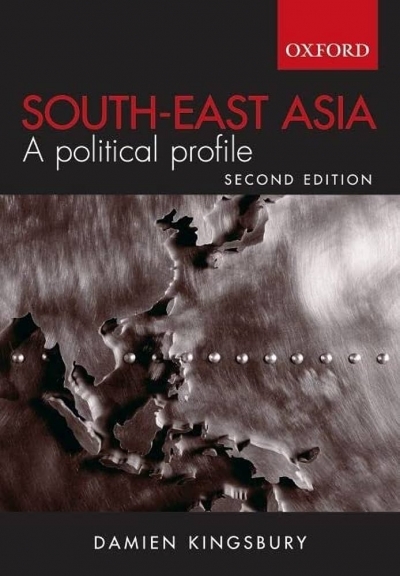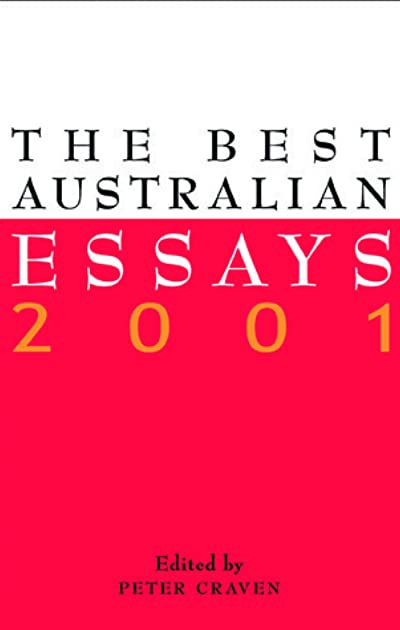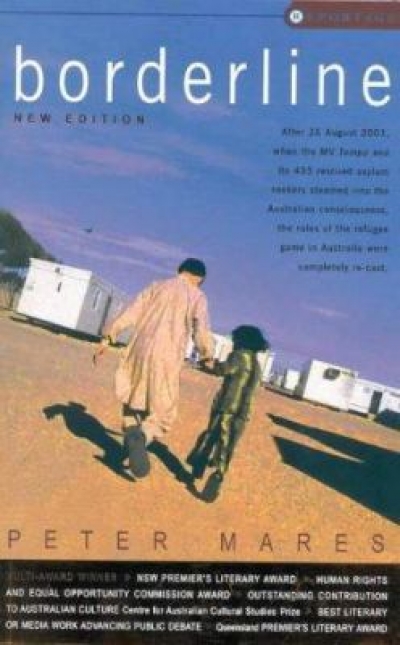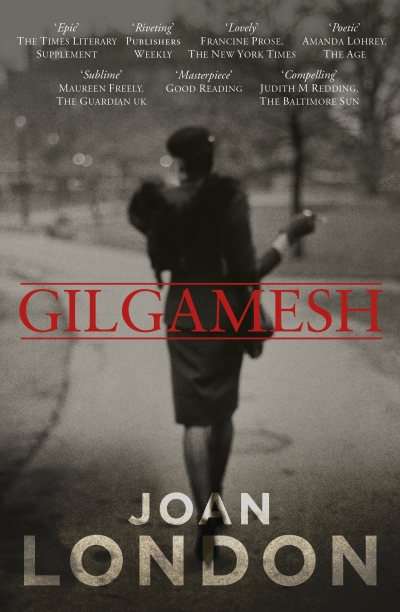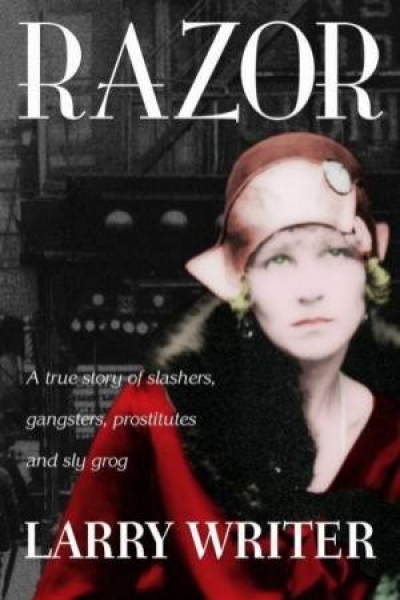Archive
Drugs and Democracy: In search of new directions by editors Gregory Stokes, Peter Chalk, and Karen Gillen
by Desmond Manderson •
Living with the Aftermath: Trauma, nostalgia and grief in post-war Australia by Joy Damousi
by Stephen Garton •
Götterdämmerung Café by Andrew Taylor & Russian Ink by Andrew Sant
by Paul Kane •

